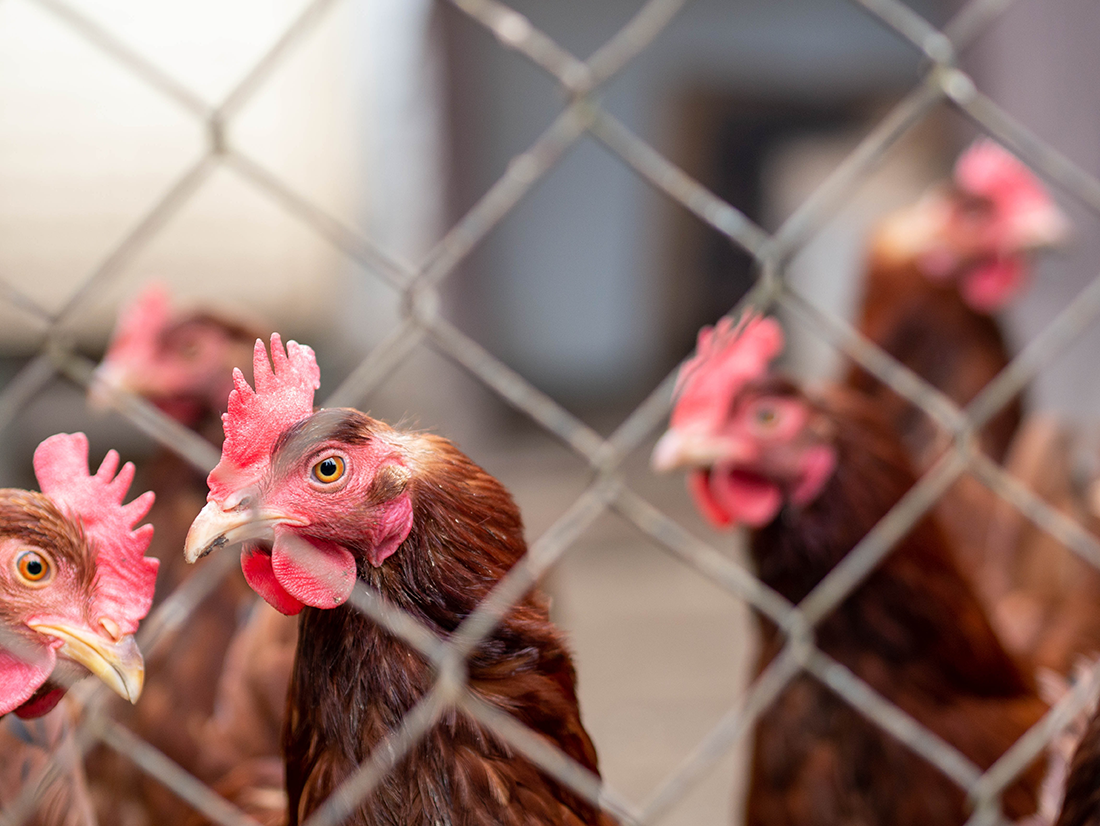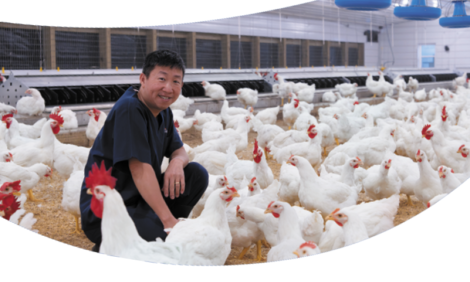



Bird influenza tests being research that can assess emerging strains
New tissue tests could help spot mild strains evolved to induce high losses for the poultry industry.
© The Roslin Institute
Researchers are seeking to develop tests to spot emerging strains of bird flu which are categorised as mild but have the potential to become more dangerous, to help assess and mitigate the likely risks to wild birds and poultry.
Their study will focus on several types of bird flu viruses that are not presently categorised alongside severe strains known to be a threat, but which are linked to recent outbreaks of infections with severe symptoms, high death rates, and which pose a risk to public health.
Outcomes from the three-year, €1.2 million project could help identify risks associated with emerging strains, so that those with high potential for disease can be managed appropriately.
They could also contribute to ongoing worldwide surveillance measures for flu, which is a major challenge for the poultry industry.
Understanding risk
The international team behind the project will seek to determine the biological factors that enable some low-risk strains of flu to become more harmful.
Researchers will manipulate the RNA of strains of flu in the lab, to try to pinpoint the genetic code linked to a risk of serious disease.
The team may be able to compare the impact of typically low-risk strains of flu with those that have evolved to become more harmful.
They will also investigate how these viruses interact with poultry and wild birds, to better assess the potential risks from viruses that pass between the two groups.
Experiments will test the impact of the strains on various tissues, to check for signs of severe disease that would be expected to occur in domestic or wild birds.
The project, known as FluNuance, is funded by the International Coordination of Research on Infectious Animal Diseases (ICRAD). It will be carried out in collaboration with Royal GD Animal Health in the Netherlands, the University of Veterinary Medicine, Hannover, Germany, the National Veterinary Research Institute of Poland, and the National Food Chain Safety Office Veterinary Diagnostic Directorate in Hungary.
The Roslin Institute receives strategic investment funding from the Biotechnology and Biological Sciences Research Council and it is part of the University of Edinburgh’s Royal (Dick) School of Veterinary Studies.








